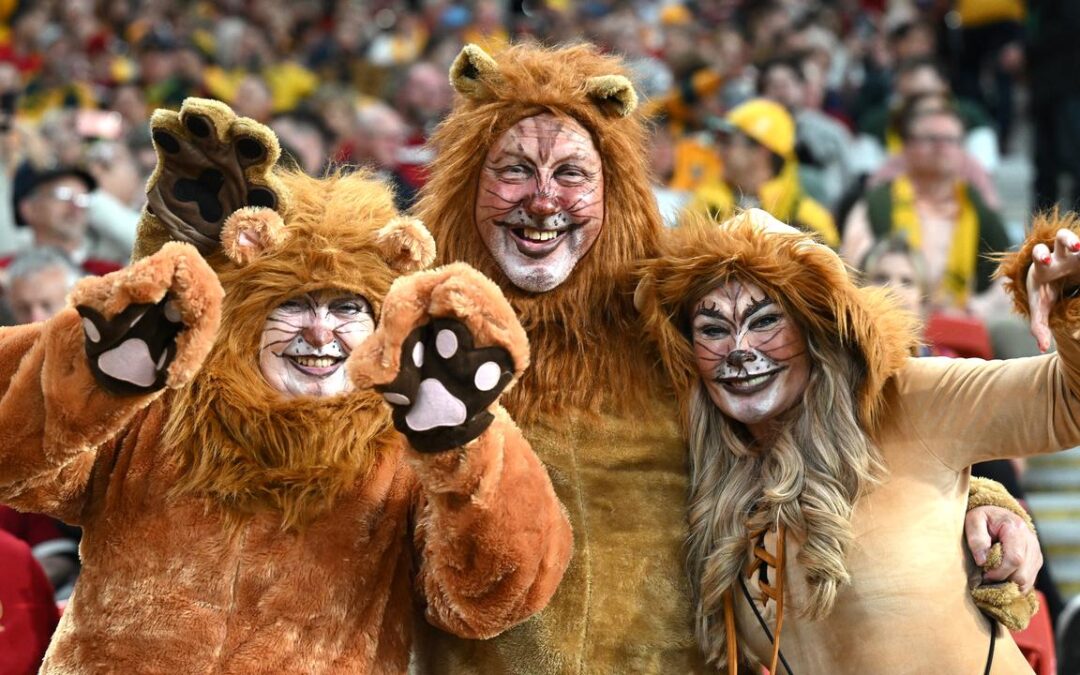
Footy fans help consumer spending roar into growth
Footy fever has helped score a try for consumer spending, with a series of big matches prompting Australians to open their wallets, the nation’s biggest bank says.
The British and Irish Lions rugby union tour and the State of Origin rugby league decider helped push household spending up 0.8 per cent in July, according to the Commonwealth Bank.
“Fans spent up on travel, entertainment and accommodation,” economist Belinda Allen said.
About 83,000 fans bought tickets for the State of Origin decider, which was won by Queensland, in Sydney on July 9.
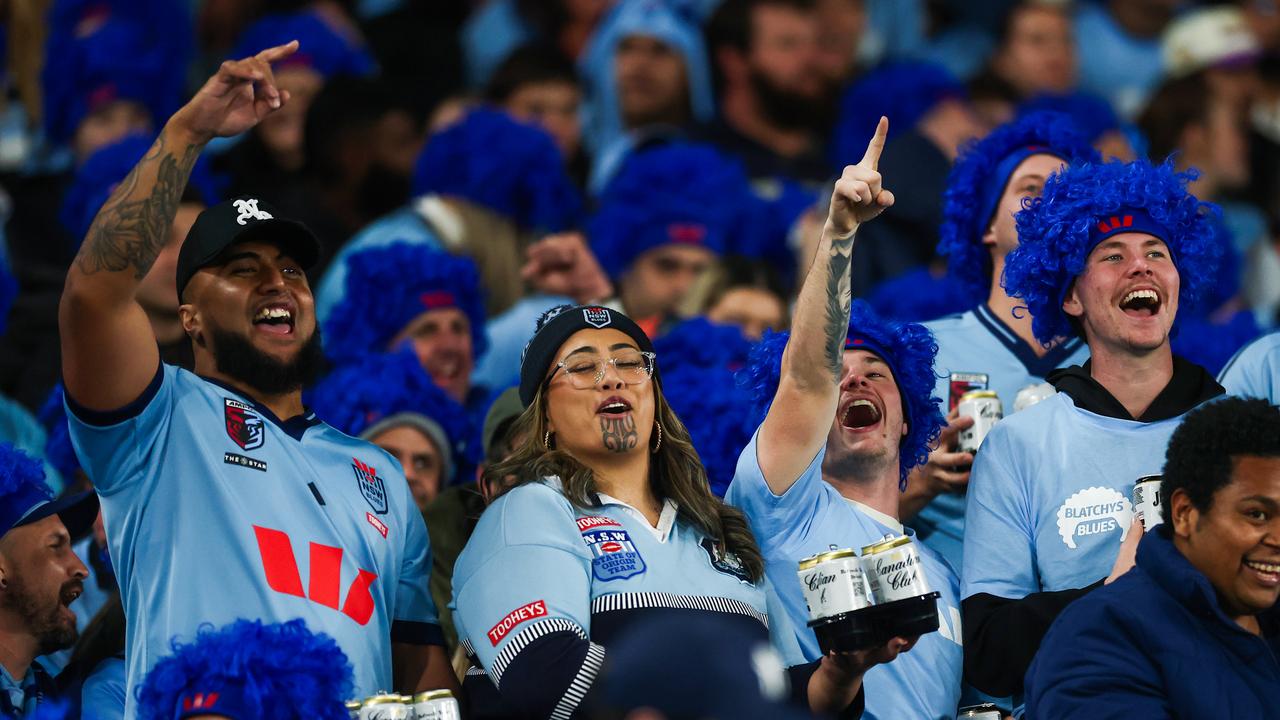
The British and Irish Lions tour included nine matches in six cities attended by about 452,000 people, with all but two played in July.
Recreation spending was up 1.8 per cent and hospitality spending increased 1.5 per cent.
Overall, 10 out of the 12 CommBank Household Spending Insights Index categories recorded growth in July.
Motor vehicle spending rose 1.4 per cent, insurance increased 1.2 per cent, and health was up 1.1 per cent.
“We have been anticipating a lift in household spending for some time, supported by rising real disposable incomes, increased household wealth, and a resilient labour market,” Ms Allen said.
Spending on education was flat, and utilities fell 0.5 per cent.
The index shows spending has risen 6.4 per cent in 2025.
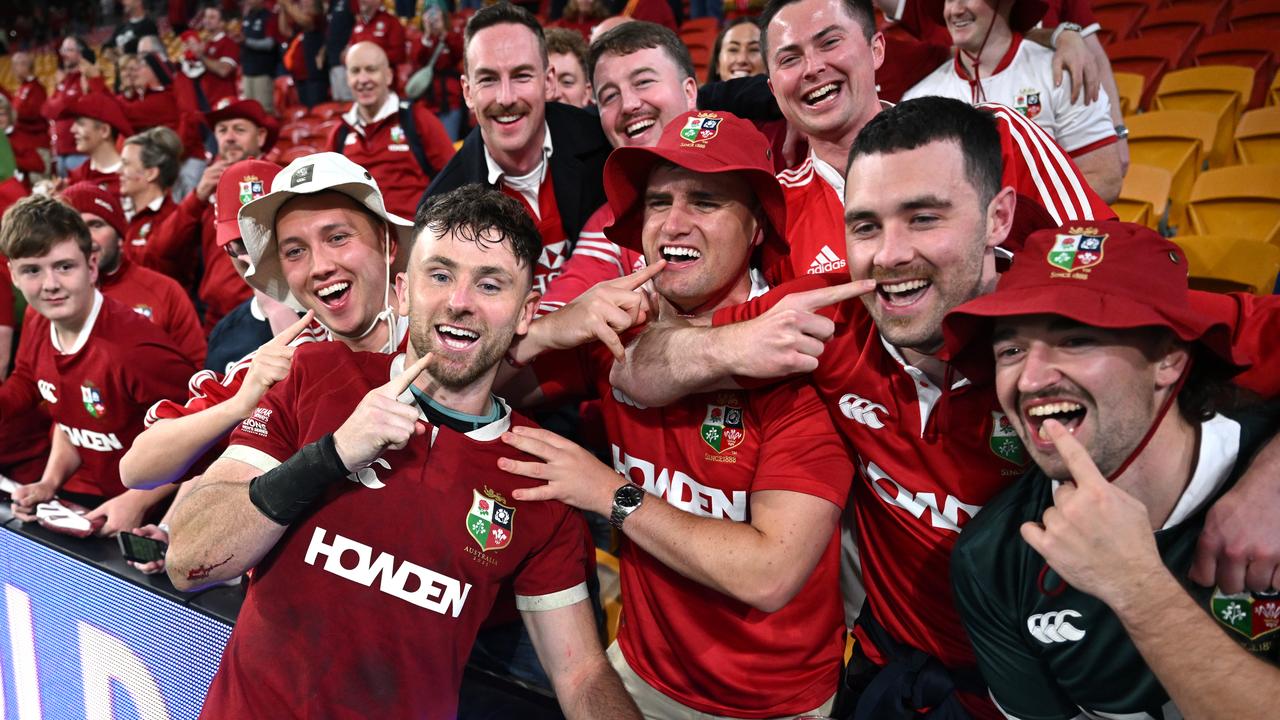
The biggest gains occurred in the communications and digital, up 10.9 per cent; recreation, up 10.3 per cent; and hospitality, up 10.0 per cent.
“Strong growth in spending on recreation and hospitality over the year underscores that consumers are prioritising experiences and being deliberate about their spending choices,” Ms Allen said.
“We expect a further pickup in spending through the rest of this year and into next, helping to drive a broader economic recovery.”
Education was the weakest category in 2025, down 1.8 per cent.
Spending on utilities was up over the year due to cost-of-living energy subsidies being wound back.
The bank expects the Reserve Bank to further cut the cash rate in November to 3.35 per cent.
“A lower rate environment should help fuel consumer optimism and spending in the year ahead, and into 2026,” Ms Allen said.
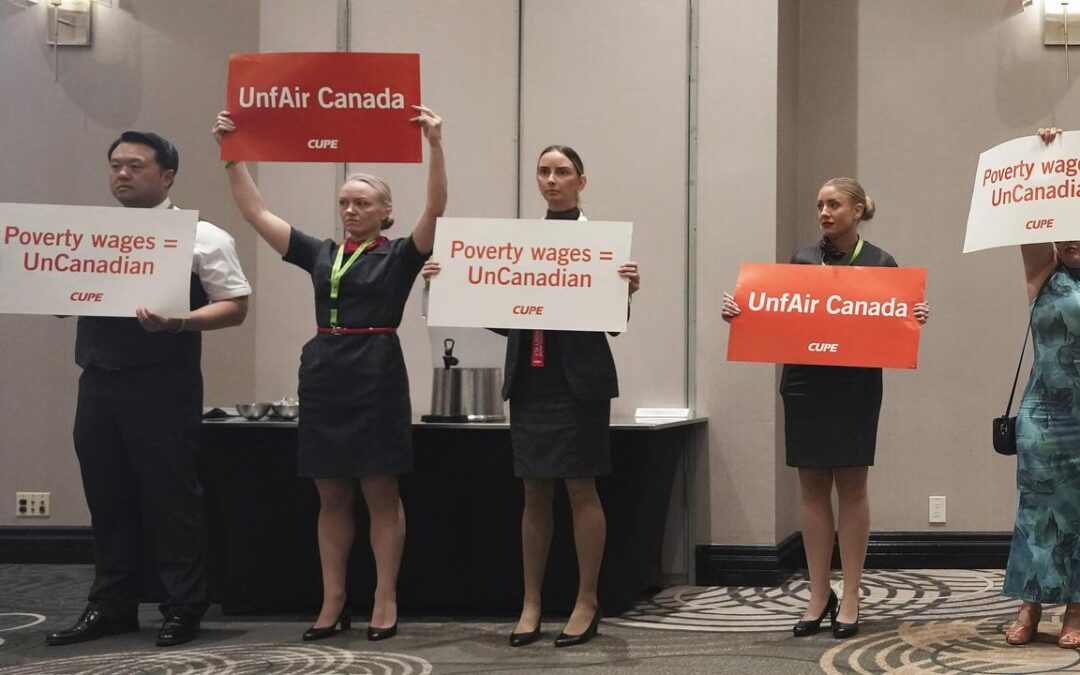
Air Canada cancels flights ahead of work stoppage
Air Canada has started cancelling flights ahead of a possible work stoppage by flight attendants that could impact hundreds of thousands of travellers.
A complete shutdown of the country’s largest airline threatens to affect about 130,000 people a day.
The union representing about 10,000 Air Canada flight attendants issued a 72-hour strike notice on Wednesday.
In response, the airline issued a lockout notice.
Mark Nasr, Chief Operations Officer for Air Canada, said the airline has begun a gradual suspension of Air Canada and Air Canada Rouge operations.
“All flights will be paused by Saturday early morning,” he said.
Nasr said this approach will help facilitate an orderly restart “which under the best circumstances will take a full week to complete”.
He said a first set of cancellations involving several dozen flights will affect long-haul overseas flights that were due to depart on Thursday night.
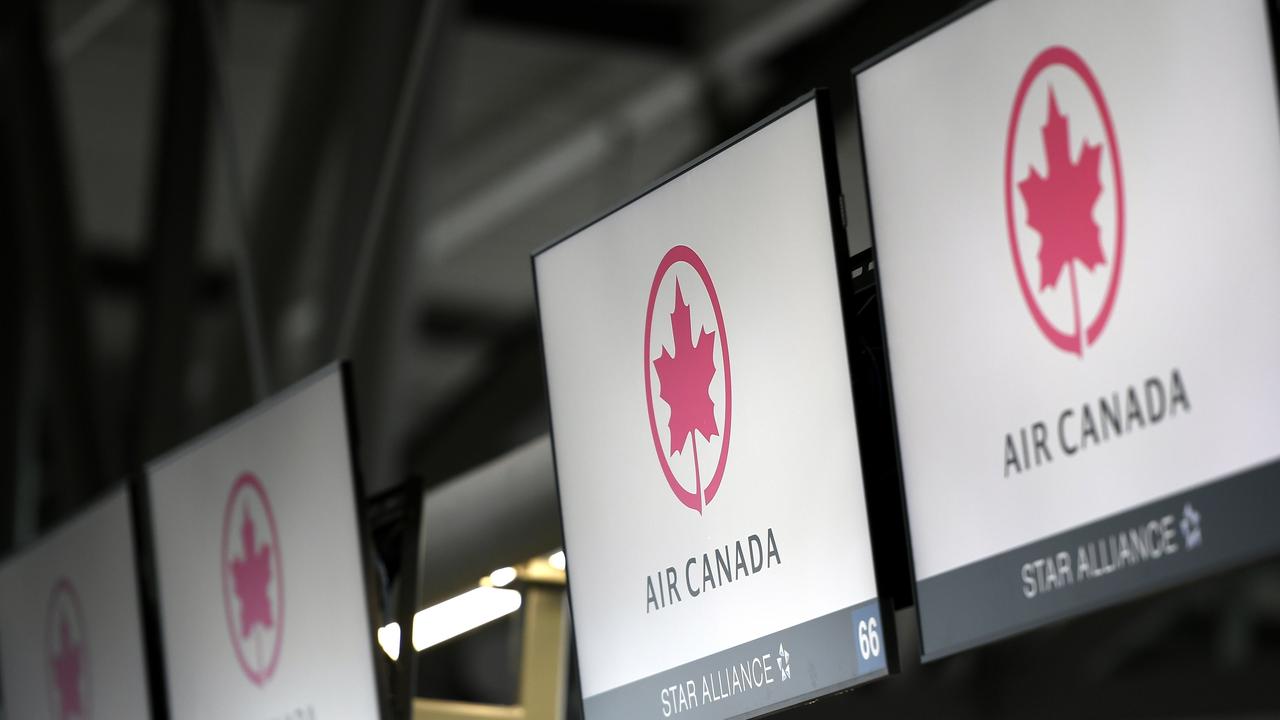
“By tomorrow evening we expect to have cancelled flights affecting over 100,000 customers,” Nasr said.
“By the time we get to 1am on Saturday morning we will be completely grounded.”
He said a grounding will affect 25,000 Canadians a day abroad who may become stranded.
They expect 500 flights to be cancelled by the end of Friday.
He said customers whose flights are cancelled will be eligible for a full refund, and it has also made arrangements with other Canadian and foreign carriers to provide alternative travel options “to the extent possible”.
Arielle Meloul-Wechsler, head of human resources for Air Canada, said their latest offer includes a 38 per cent increase in total compensation including benefits and pensions over four years.
The union has said its main sticking points revolve around what it calls flight attendants’ “poverty wages” and unpaid labour when planes are not in the air.
Some flight attendants at the airline’s news conference on Thursday held up signs that read “Unpaid work won’t fly” and “Poverty wages = UnCanadian”.
Natasha Stea, who represents flight attendants in Montreal for the union, said she thinks the airline is counting on the government to intervene.
Stea said they want a fair and equitable contract.
“There is still time. I’m sure if we sat down and talked we could actually get to an agreement,” she said.
The union rejected a proposal from the airline to enter a binding arbitration process, saying it prefers to negotiate a deal that its members can then vote on.
Meloul-Wechsler said they have hit an impasse but are still available for talks and consensual arbitration.
She said that if a deal is not reached, the resulting “very serious disruptions” would prompt the company to consider asking for government intervention.
Federal Jobs Minister Patty Hajdu said she asked the union to respond to the airline’s request for arbitration.
She urged both sides to come to an agreement independently, saying she believes deals are best made at the bargaining table.
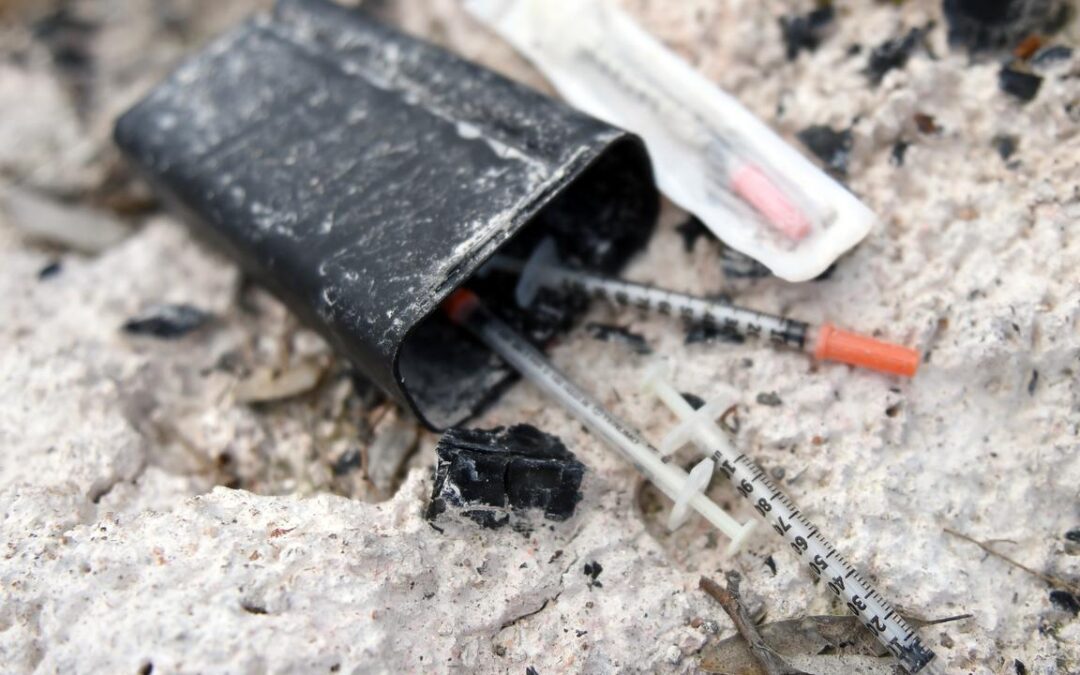
Ice, cocaine, heroin consumption highest on record
Australia’s insatiable appetite for illicit drugs is fuelling demand from international crime groups and drug dealers cashing in on the lucrative market.
Analysis of wastewater by the Australian Criminal Intelligence Commission, in partnership with universities, detected a growth in consumption of major illicit drugs around the nation.
Methylamphetamine (ice), cocaine and heroin were all found at record highs in the latest analysis, which began in 2016.
More than 22 tonnes of those three drugs, as well as MDMA (ecstasy), was consumed in Australia in the year to August 2024, according to the wastewater analysis.
It has boosted the illicit drug trade and the profits for organised criminals, with an estimated $11.5 billion being spent.
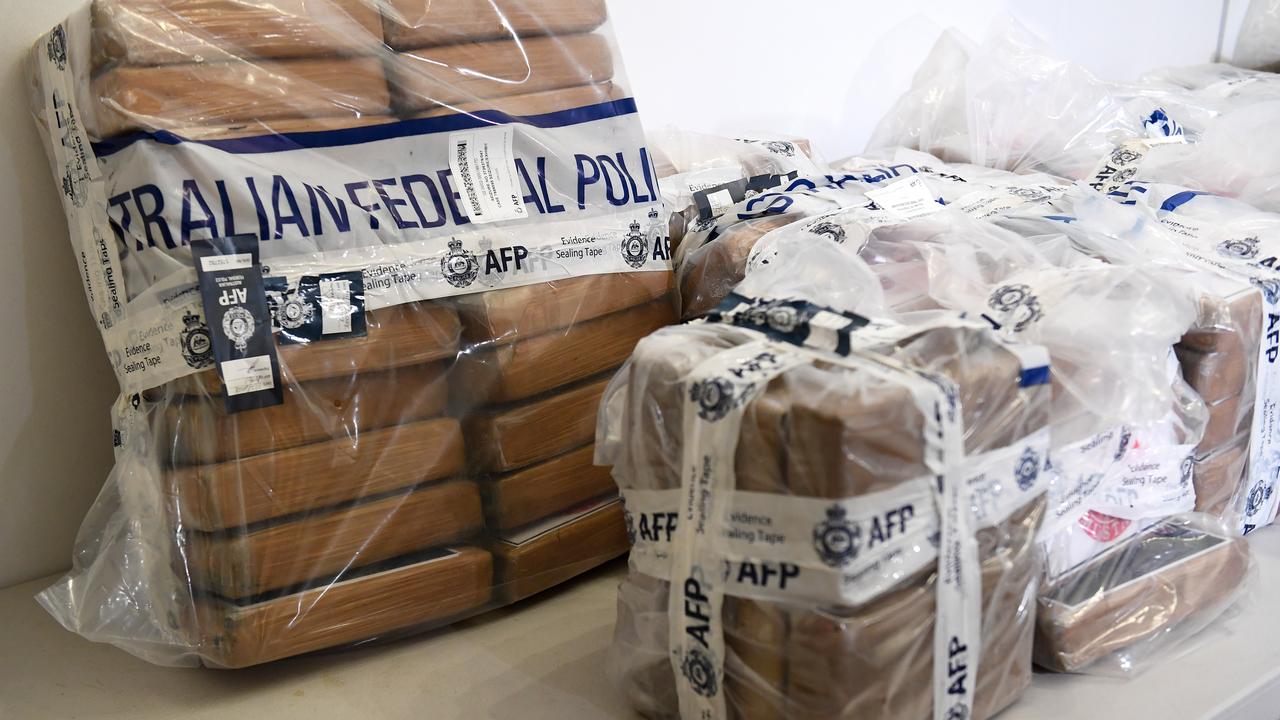
Ice consumption rose to an estimated 12.8 tonnes.
Cocaine use increased almost 70 per cent, MDMA almost 50 per cent, and heroin almost 15 per cent.
The commission’s drug specialist Shane Neilson said the market was rebounding after consumption dropped amid tighter border controls and lockdowns during the COVID-19 pandemic.
Large profits from a consumer base willing and able to pay higher prices than other global markets are driving the business.
Drug traffickers will throw tonnes of product at Australia’s borders, knowing whatever gets through will make enough money to outweigh losses from seizures, some of which outweigh total detected annual consumption, Mr Neilson said.
“It’s just a relentless determination of transnational and domestic serious and organised crime groups to continue to supply the Australian market,” he said.
Organised crime groups are also thought to be fuelling a rise in illicit tobacco, but while nicotine consumption reversed a decline in the second half of 2024, it’s impossible to determine what proportion of it was obtained on the black market.
Ketamine use is also on the rise.
Forensic analysts believe the majority of the general anaesthetic being consumed is imported and illicit, with the drug’s use in medical and veterinary settings less prevalent.
It’s the same for cannabis, despite thousands of people being medically prescribed.
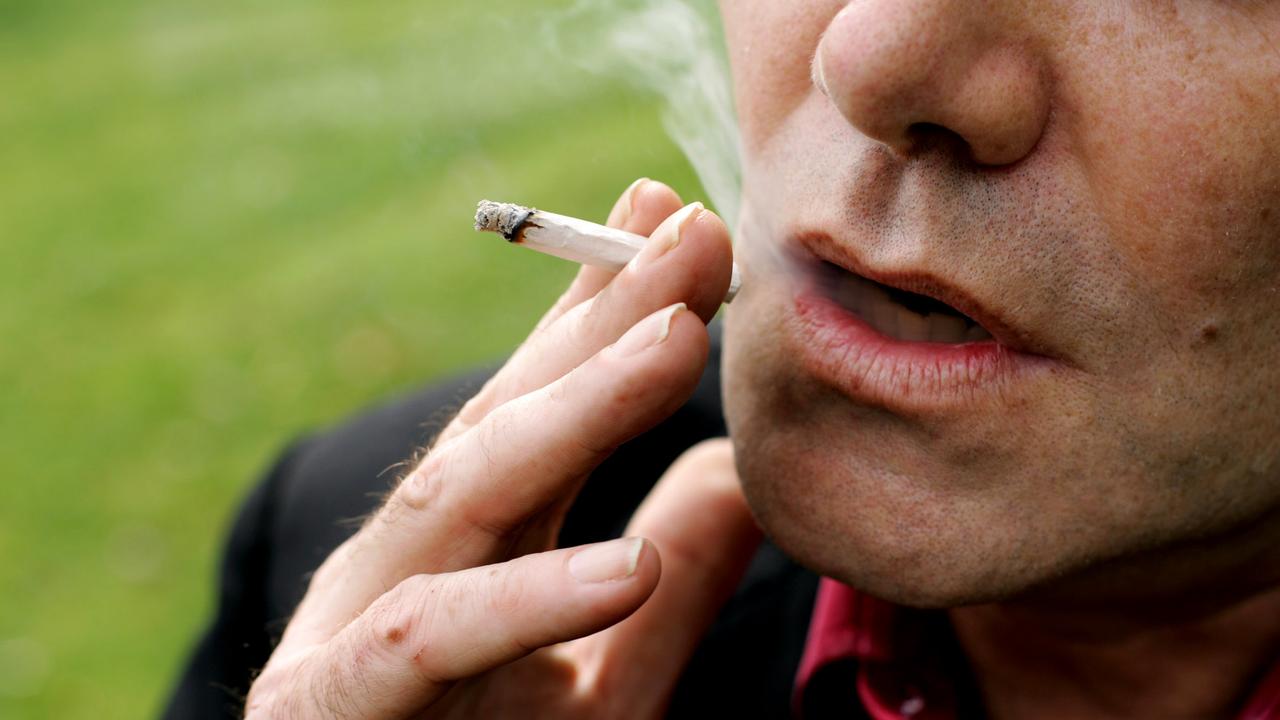
“Although the number of users of medicinal cannabis is increasing, it’s small relative to the overall use of cannabis,” Mr Neilson said.
The nation’s multi-billion-dollar splurge on illicit drugs sends profits solely to organised criminals, the crime commission said.
“There is no taxation on these profits, and economically it does have an impact,” Mr Neilson said.
The latest National Drug Strategy Household Survey suggests nearly one-in-two Australians aged 14 and over (10.2 million people) had illicitly used a drug at some point in their lifetime including the non-medical use of pharmaceuticals.
An estimated one in five (3.9 million) used in the past 12 months.
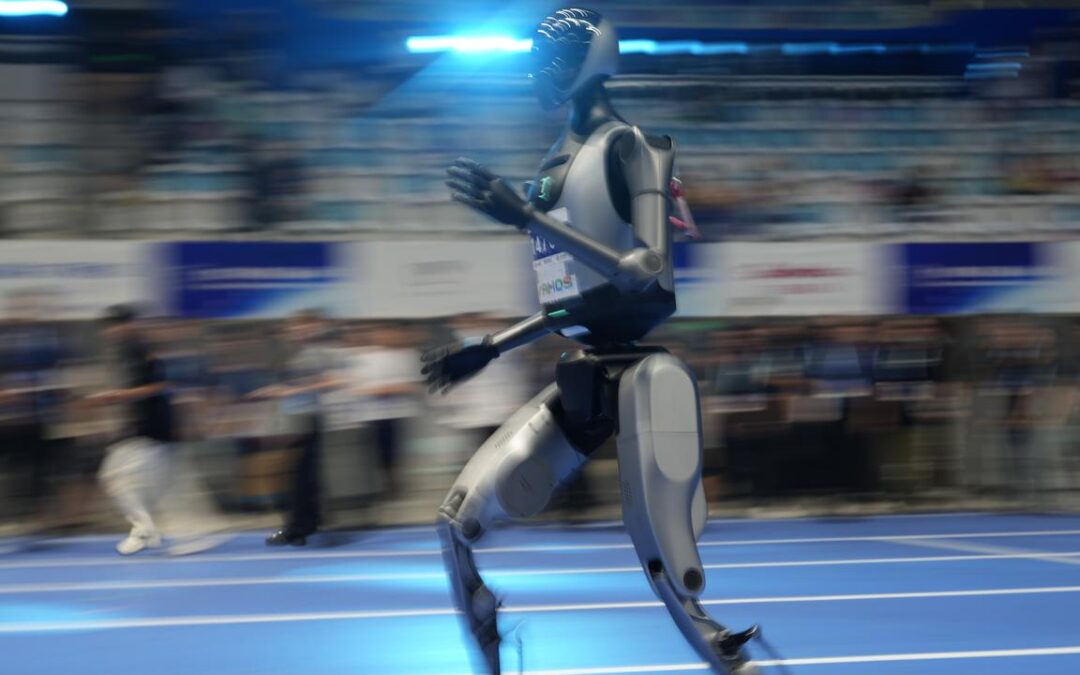
Beijing’s first World Humanoid Robot Games open
Humanoid robots have danced hip-hop, performed martial arts and played keyboard, guitar and drums at the opening ceremony of the first World Humanoid Robot Games in Beijing.
The competition begins on Friday with more than 500 humanoid robots in 280 teams from 16 countries including the United States, Germany and Japan competing in sports including football, running and boxing.
The event comes as China has stepped up efforts to develop humanoid robots powered by artificial intelligence.
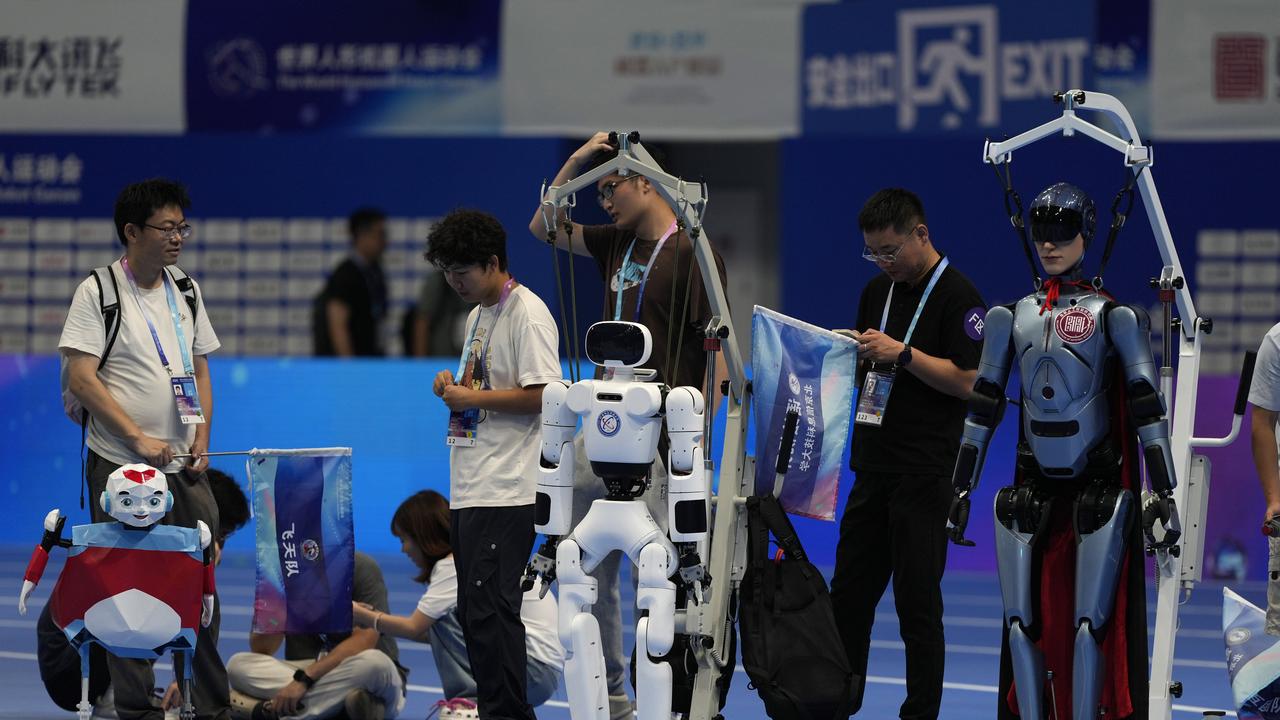
During the opening ceremony, the robots demonstrated football and boxing among other sports, with some cheering and backflipping as if at a real sports event.
One robot footballer scored a goal after a few tries, causing the robot goalkeeper to fall to the ground.
Another player fell but stood up unassisted.
The robots also modelled fashionable hats and clothes alongside human models.
In one mishap, a robot model fell and had to be carried off the stage by two human beings.
Teams from robot companies and Chinese universities including Tsinghua University and Peking University are competing in the games.
Three schools are also participating.
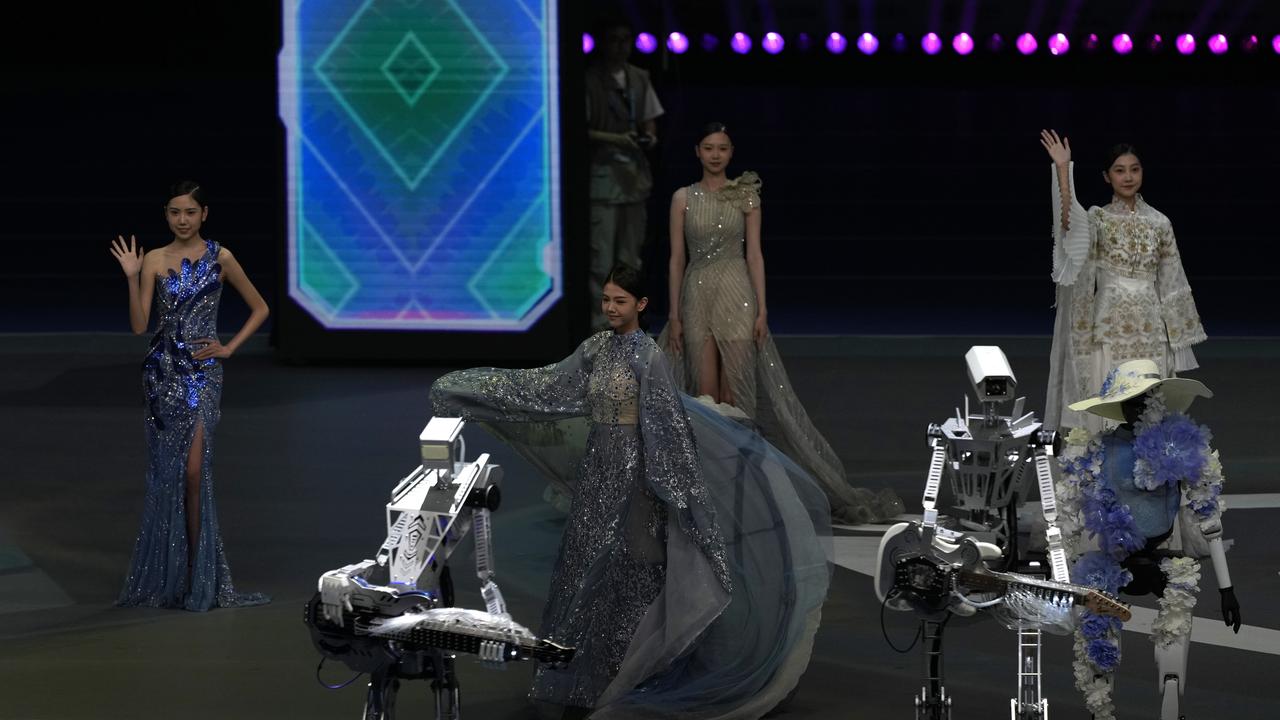
China’s official newspaper People’s Daily quoted a government officer in Beijing as saying that every robot that participates “is creating history”.
The event will last three days, concluding on Sunday.
Tickets sold to the public range from 180 yuan to 580 yuan ($A40 to $A125).
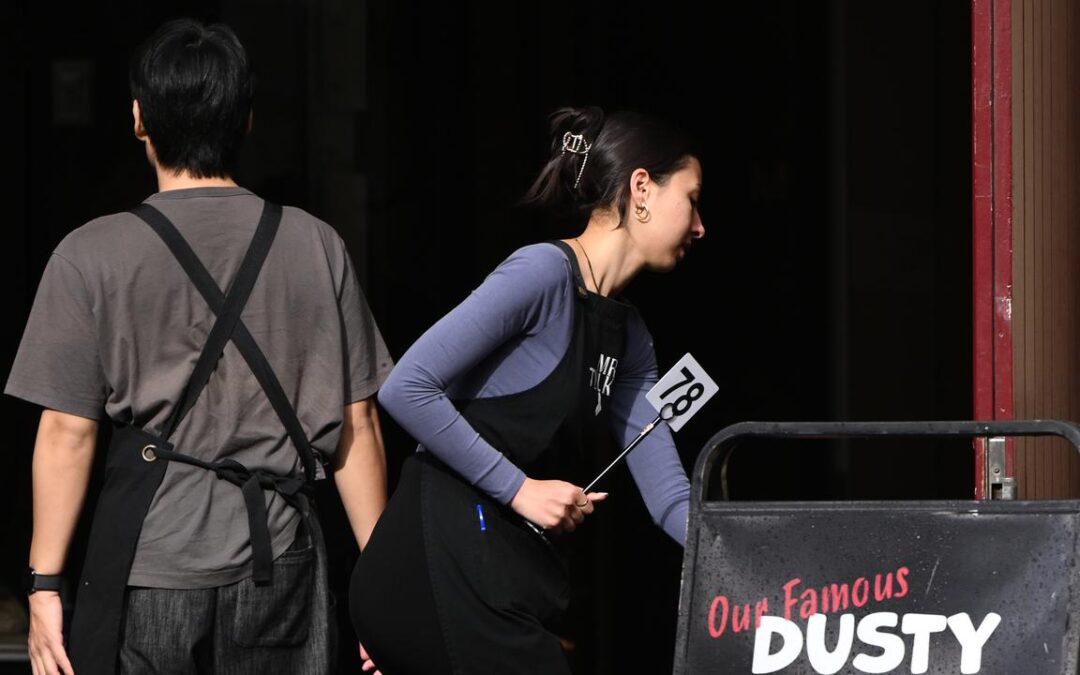
Cafe owners, tradies could gain from cutting red tape
Australians could save more than $1 billion a year through lower costs, reduced delays and more choice under a sweeping plan to cut red tape.
The Business Council of Australia has outlined a vision to relieve business owners from regulatory burdens as the federal government hunts for a solution to the nation’s withered productivity.
Cafe owners in Victoria are forced to apply for 36 separate licences and approvals before they can pour their first coffees and tradies on the Gold Coast must pay hundreds in permits just to fix a tap on the other side of the NSW border because of “unnecessary and inefficient regulation”, the council’s report found.
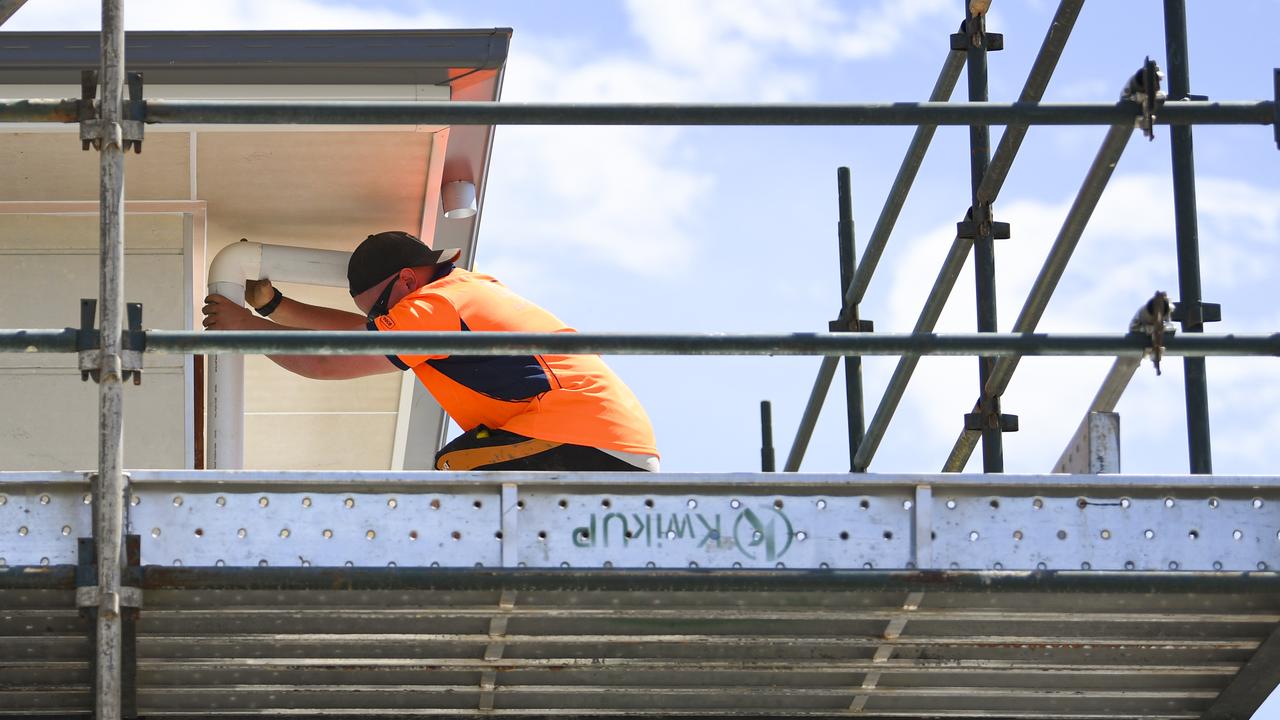
Even a one per cent reduction in compliance burden would save consumers $1 billion per year.
“We have become too complex a country in which to do business, and that’s a massive handbrake on our ability to lift productivity and living standards,” chief executive Bran Black said.
“We need to be working smarter, not harder.”
The council’s report made a plethora of recommendations aimed at improving regulations and making it easier to invest, employ people and do business.
It urged Australia to harmonise anti-discrimination legislation, workers’ compensation, and long-service leave entitlements across the states and territories.
Streamlining occupational licences for workers who need specific accreditations to do their jobs will offer more mobility and allow workforces to more easily migrate to areas of need.
Australia has already introduced a mutual recognition scheme for occupational licences, which has allowed more than 44,000 people to work interstate.
But some occupations, like electricians and plumbers, are still exempt in several jurisdictions and Queensland does not participate in the scheme.
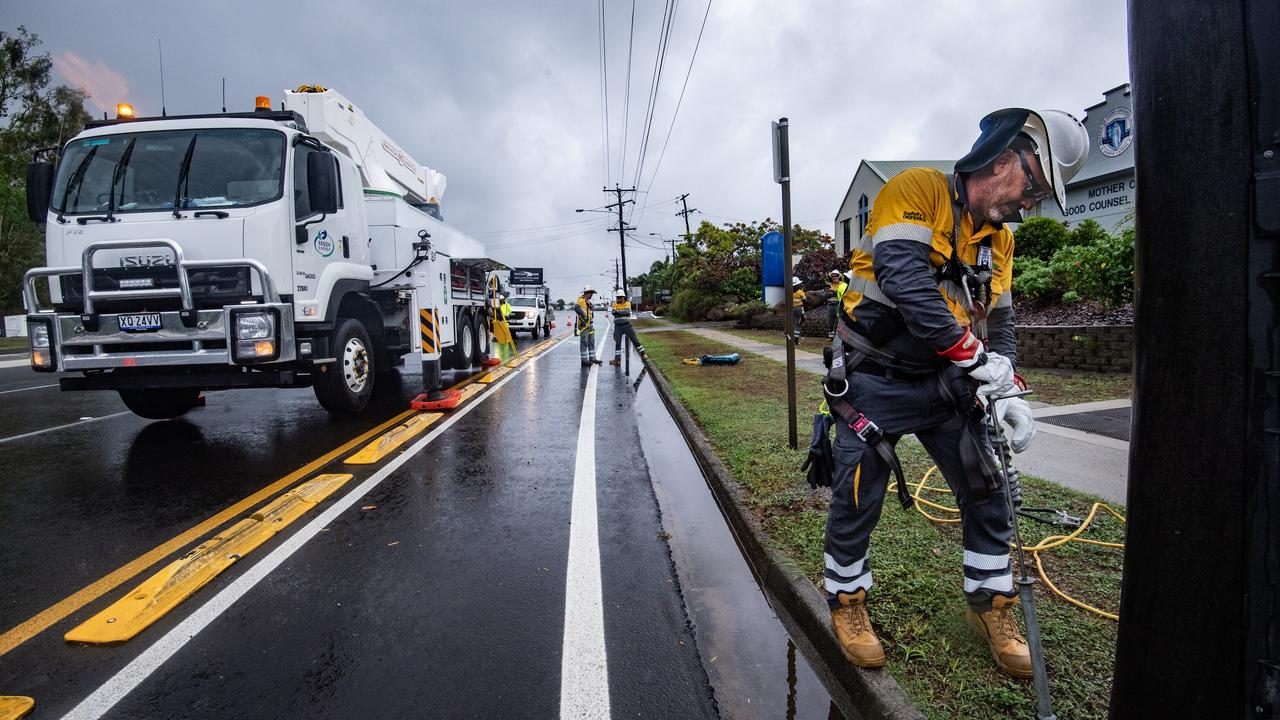
The Business Council has also backed calls to reform Australia’s main environment laws to streamline assessment and approvals while also strengthening environmental protections.
Its recommendations could be considered when Treasurer Jim Chalmers convenes his economic roundtable on Tuesday.
During the event, a range of experts are expected to discuss ways to lift living standards by boosting productivity, building resilience and strengthening the budget.

World War II heroes robbed of return home honoured
A country boy who flew a B-24 bomber over Borneo in July 1945 did not live long enough to witness the end of World War II.
Warrant Officer Class 2 Frederick Balfe Emanuel died mere weeks before Victory in the Pacific Day on August 15, when Japan announced its unconditional surrender to the Allies.
At age 22, Emanuel enlisted in the Australian army serving in Papua New Guinea before joining the Far Eastern Liaison Office, where he took part in dangerous reconnaissance missions.
He is being honoured at the Australian War Memorial on Friday, as the nation marks the 80th anniversary of the bloody war that reached its shores coming to a fateful end.
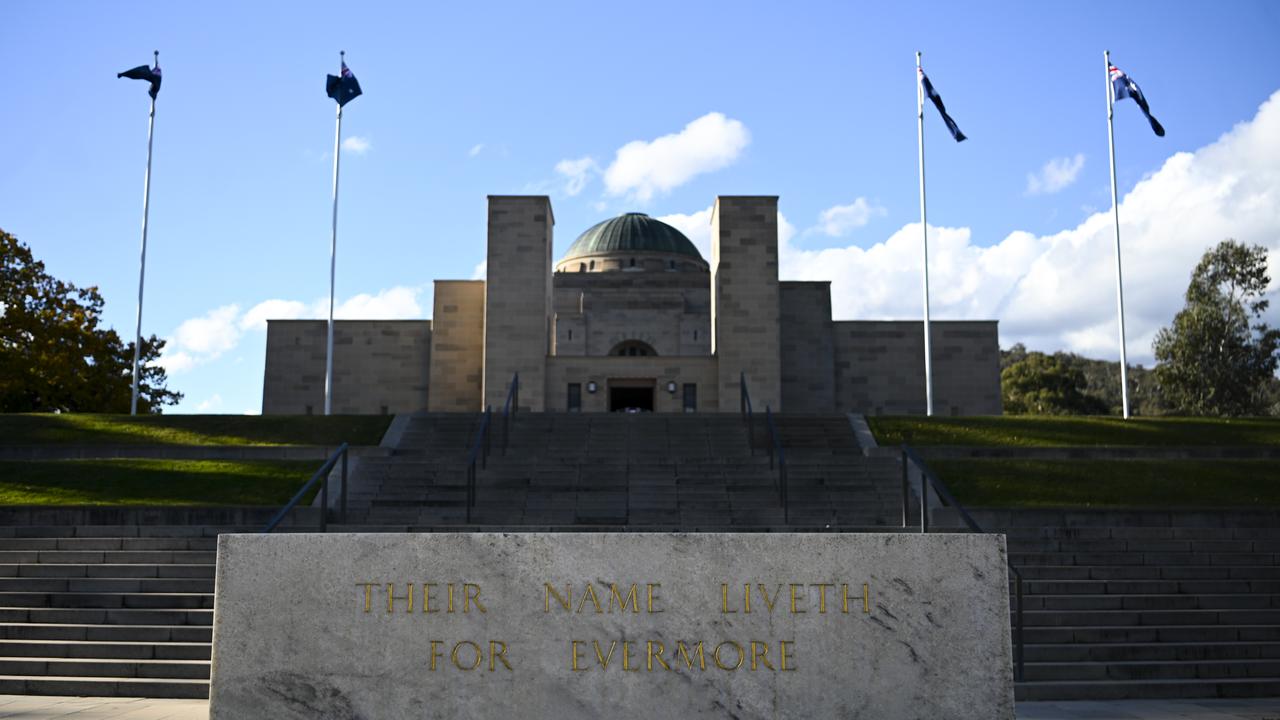
“His story is a heartbreaking reminder of how close some came to seeing peace yet never returned home,” memorial director Matt Anderson said.
“This is honouring a country boy who became a Sydneysider yet did not survive to finish his story.”
Other commemorations include a Royal Australian Air Force P-8A Poseidon aircraft conducting a flypast over the National War Memorial in Adelaide.
Australia played a significant role in the Pacific during World War II, fighting against Japan from 1941 to 1945.
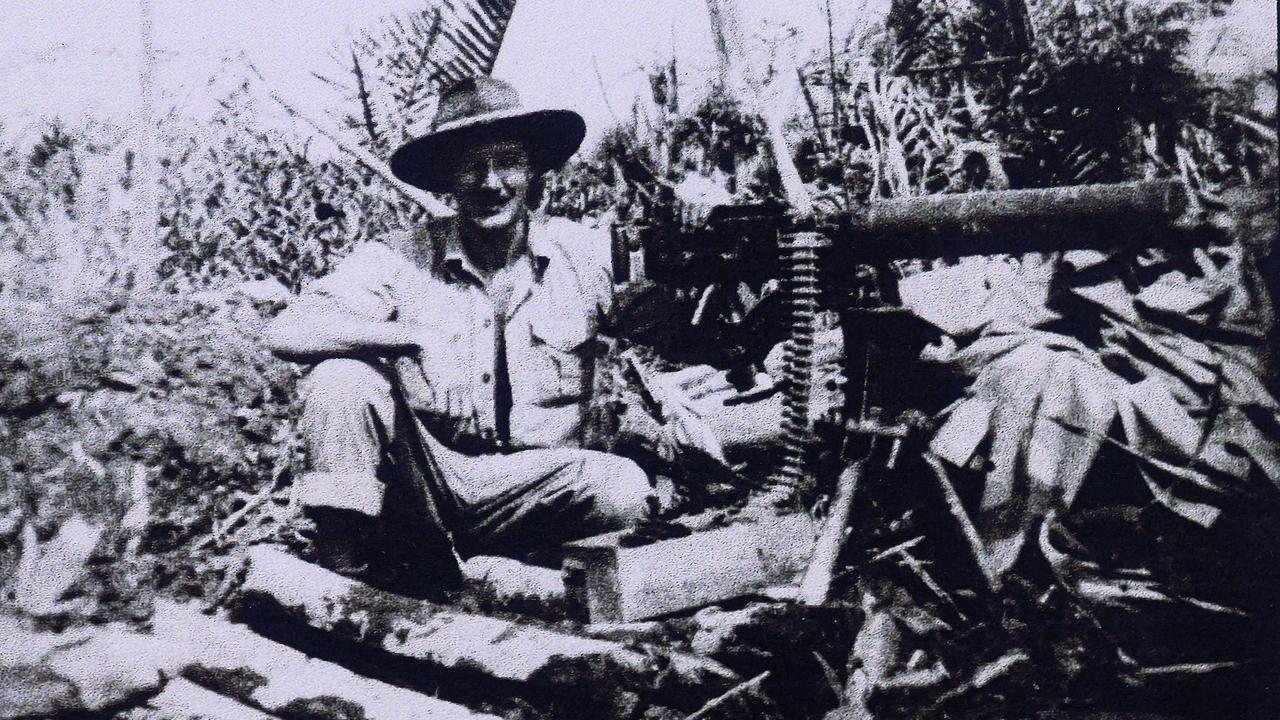
Initially, Australian forces engaged in campaigns in Malaya and Singapore.
After the bombing of Darwin in February 1942, the focus shifted to defending the Australian mainland and supporting the US-led counteroffensive in the Pacific.
RSL national president Greg Melick said the occasion was an important time for Australia to recognise the sacrifices of so many fallen soldiers.
“For Australians, that day meant that the Second World War was finally over,” he said.
“As the number of WWII veterans dwindle, it is vital that we commemorate their collective contribution to our liberty and way of life.”
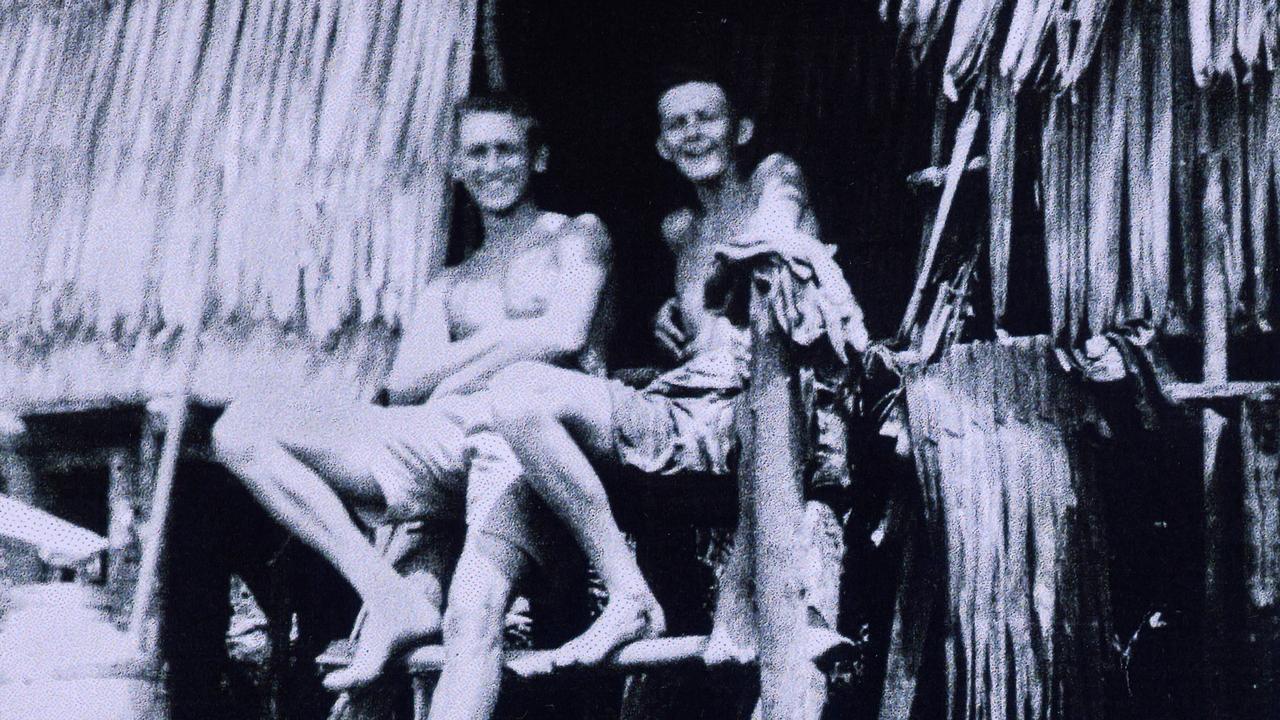
He said nearly one million Australians, about one in seven of the population at the time, served in uniform during the Second World War.
Almost 40,000 died and 66,000 were wounded.
Many thousands more became prisoners of war, with 8000 dying in captivity.
“The end of the war brought heartache for many families when, after years of waiting for news of the missing, they were told that their loved ones were not coming home,” Mr Melick said.
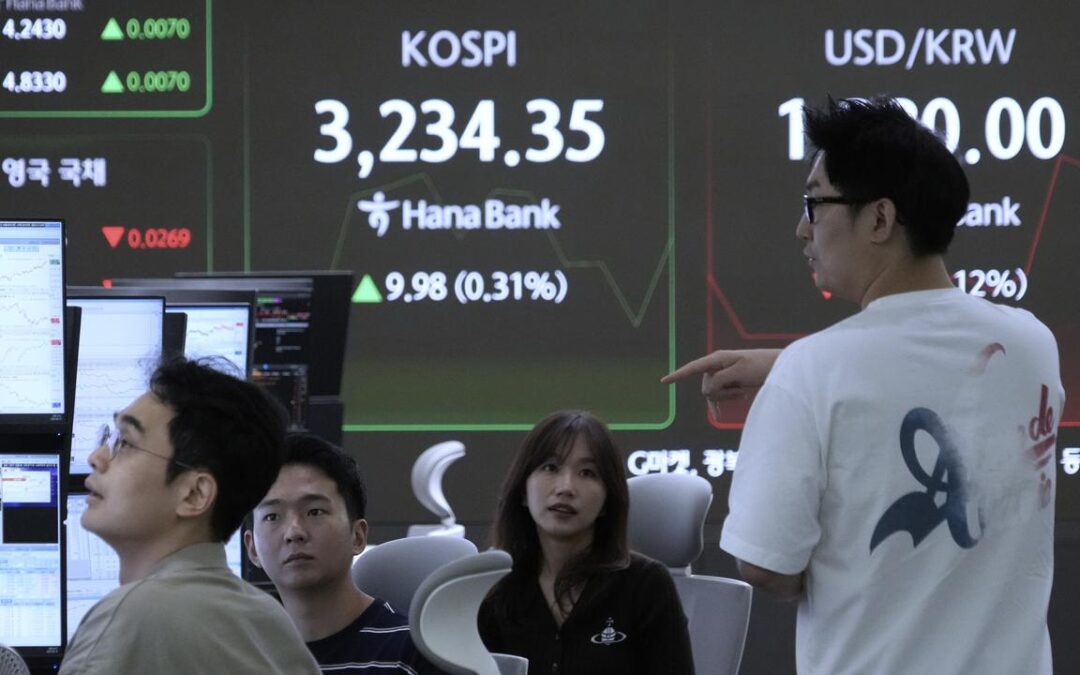
Stocks pause, while rate-cut drumbeat weighs on dollar
Traders have ramped up Fed rate cut bets, pinning the dollar near multi-week lows, while a global stock rally pauses as investors await data on US producer prices that might show how tariffs are affecting inflation trends.
MSCI’s global share index flatlined on Thursday after hitting record peaks for the two previous sessions, while an equivalent gauge of Asian equities outside Japan lingered near its loftiest level since September 2021.
Futures markets signalled Wall Street stocks were set for a muted start, having led global shares higher all week and hitting records on Tuesday and Wednesday.
This blistering global rally has been fuelled by strong US tech earnings and speculation that Federal Reserve rate cuts will help protect businesses and households from the impact of White House tariffs.
Traders see a September cut as almost certain, per CME’s FedWatch tool, and the US administration continues to pressure the Fed to ease more quickly.
Treasury Secretary Scott Bessent said on Wednesday that the Fed funds rate, which has been in a range of 4.25 per cent to 4.5 per cent since December, should be as much as 175 bps lower.
Monthly US jobs data came in surprisingly weak on August 1, but a US producer prices report on Thursday could shift the market’s focus towards the risks of tariffs taking inflation too high for the Fed to cut rates.
About 70 per cent of global investors expect US stagflation to become the dominant market narrative within three months, a Bank of America survey found.
“Inflation is starting to come through. It’s not massive yet but that could certainly continue in coming months and amplify that part of the story,” Russell Investments global chief investment strategist Paul Eitelman said.
US Treasury markets show investors are growing queasy about the damage higher-for-longer inflation could wreak on longer-dated debt, by eroding the real value of bonds’ fixed-interest coupons over time.
Two-year Treasury yields traded at 3.67 per cent on Thursday, down from about 3.95 per cent at the beginning of August.
But yields on 30-year Treasuries, which are the most sensitive to inflation expectations, are 112 bps higher than the two-year notes, with the yield differential having risen from about 95 bps on August 1.
The US dollar was struggling to make headway from a two-week low against a basket of major currencies on Thursday and Japan’s yen made broad based gains, hitting its strongest in three weeks at 146.38 per dollar.
This came after Bessent said the Bank of Japan would raise interest rates because it was behind the curve in dealing inflation risks.
The BOJ has justified keeping borrowing costs ultra-low because its underlying inflation measure that focuses on domestic demand and wages is below its target and it wants more clarity on how US tariffs will affect exporters.
The euro stood at $US1.16722, nudging off the previous day’s two-week high while European government debt largely tracked moves in Treasuries.
Germany’s 10-year yield was down 2 bps at 2.66 per cent.
Commodities markets were subdued before Friday’s summit between US President Donald Trump and his Russian counterpart Vladimir Putin.
Trump on Wednesday threatened “severe consequences” if Putin did not agree to peace in Ukraine and has also floated the idea of a second summit that would include Ukrainian President Volodymyr Zelenskiy.
Brent crude, the global oil marker, traded about $US65.86 a barrel on Thursday, just off a two-month low and down from almost $US70 in early August.
Spot gold prices, which tend to rise when investors focus on geopolitical risks, fell about 0.5 per cent to $US3,3925 per troy ounce.
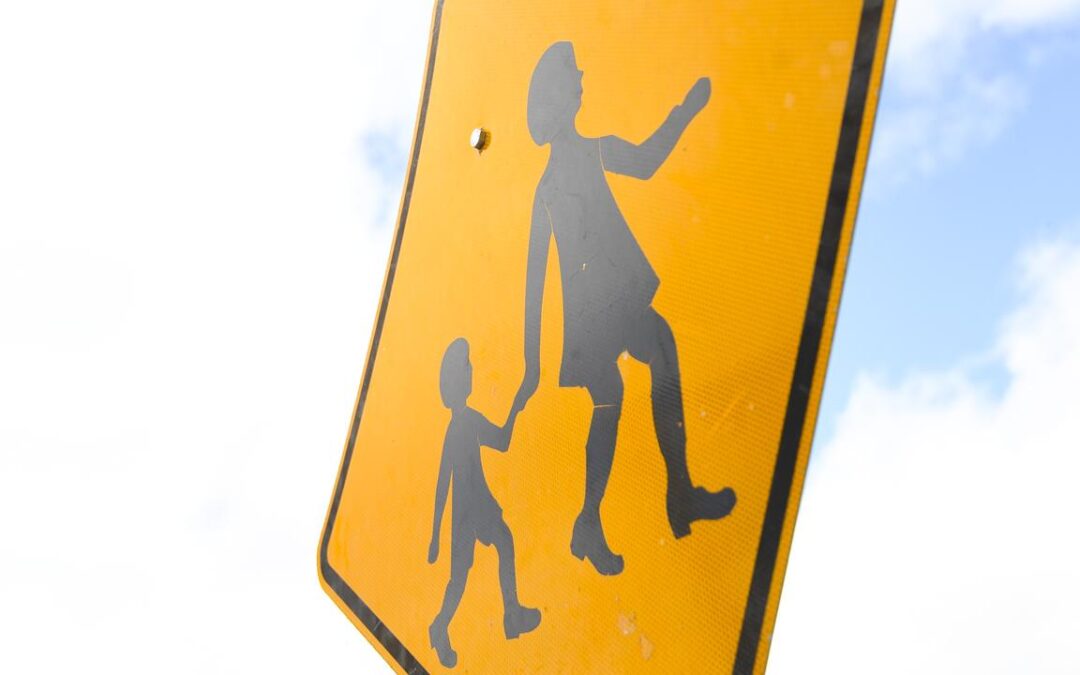
Parents urged to go to police with childcare concerns
Parents worried about staff or incidents at childcare facilities are being urged to go straight to police rather than centre directors because of the financial incentive to cover up wrongdoing.
A NSW parliamentary inquiry into child care is examining the industry.
The call for parents to be more proactive in reporting comes as allegations of sexual offences in the childcare sector have increased by almost 50 per cent.
NSW Police Child Abuse Squad Commander Linda Howlett said her advice to parents and others would be to not approach childcare directors because they don’t want to lose business.
“They’re tipping off the educator or the centre about what’s taken place,” Ms Howlett said.
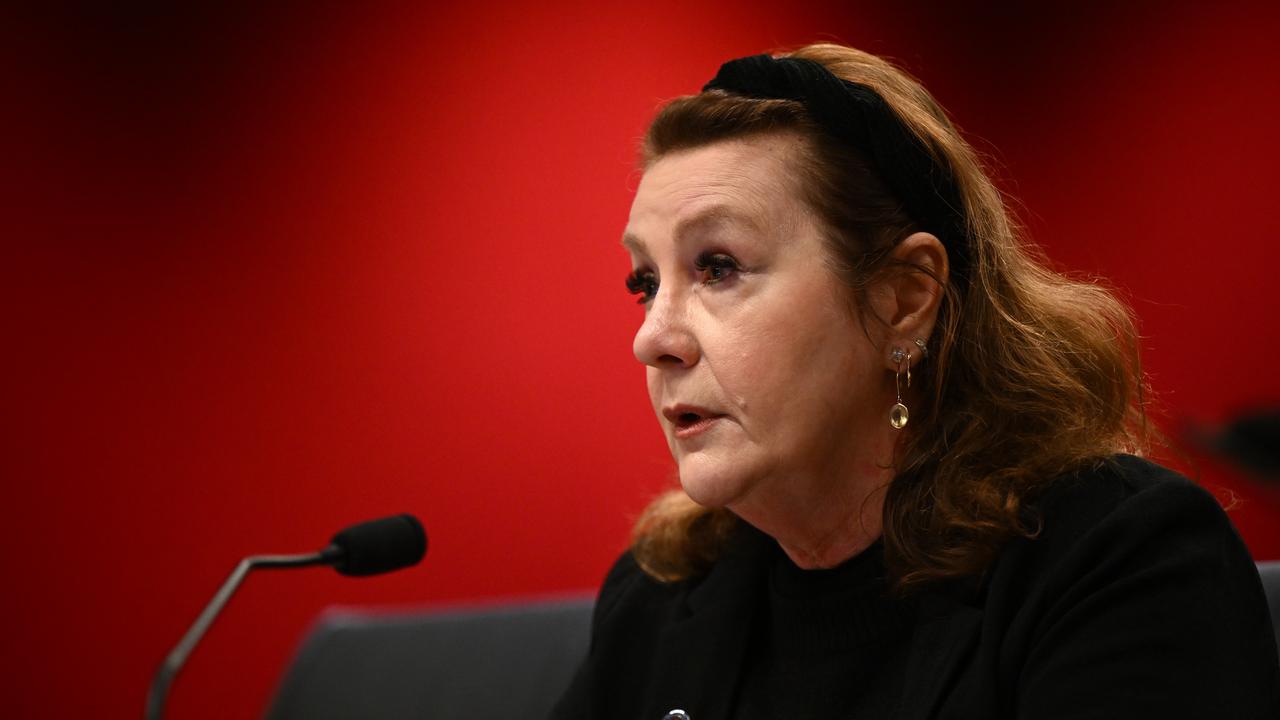
The inquiry was also told checks designed to protect children from abusive childcare workers were being ignored by centres when hiring.
The revelations of major breakdowns in the safety of almost 500,000 infants, toddlers and pre-schoolers were exposed as working with children’s checks were put under the microscope.
Banned workers were allowed to continue working for years without oversight, the inquiry was told.
Inquiry chair Abigail Boyd said internal government documents showed dozens of workers were banned each year but few children’s checks were cancelled.
In one case, an educator banned in 2019 was approved for a new check in 2021 and continued working until 2023 before being stopped.
Nearly half of the banned staff reported to the Office of the Children’s Guardian over three years did not even have a check to cancel, Ms Boyd said.
Acting Children’s Guardian Rachael Ward said the childcare regulator was not required to report which staff it had banned, to allow for checks to be cancelled.
“They haven’t broken any law by not sharing that information,” she said.
Ms Ward, in the role for five months, was unaware her office had only cancelled 21 checks of the 235 prohibited workers reported between 2021 and 2024.
There was a “growing safety crisis” in NSW, where 460,000 children attended a care service, said non-profit Body Safety Australia, which educates children on protective behaviours.
The proliferation of labour hire agencies and casual workers had allowed unchecked people access to vulnerable children, chief executive Deanne Carson said.
“We have educators who work for agencies who may never even meet anyone,” Ms Carson said.
“They upload their qualification and all of a sudden they’re being placed in spaces where they’ve never worked.”
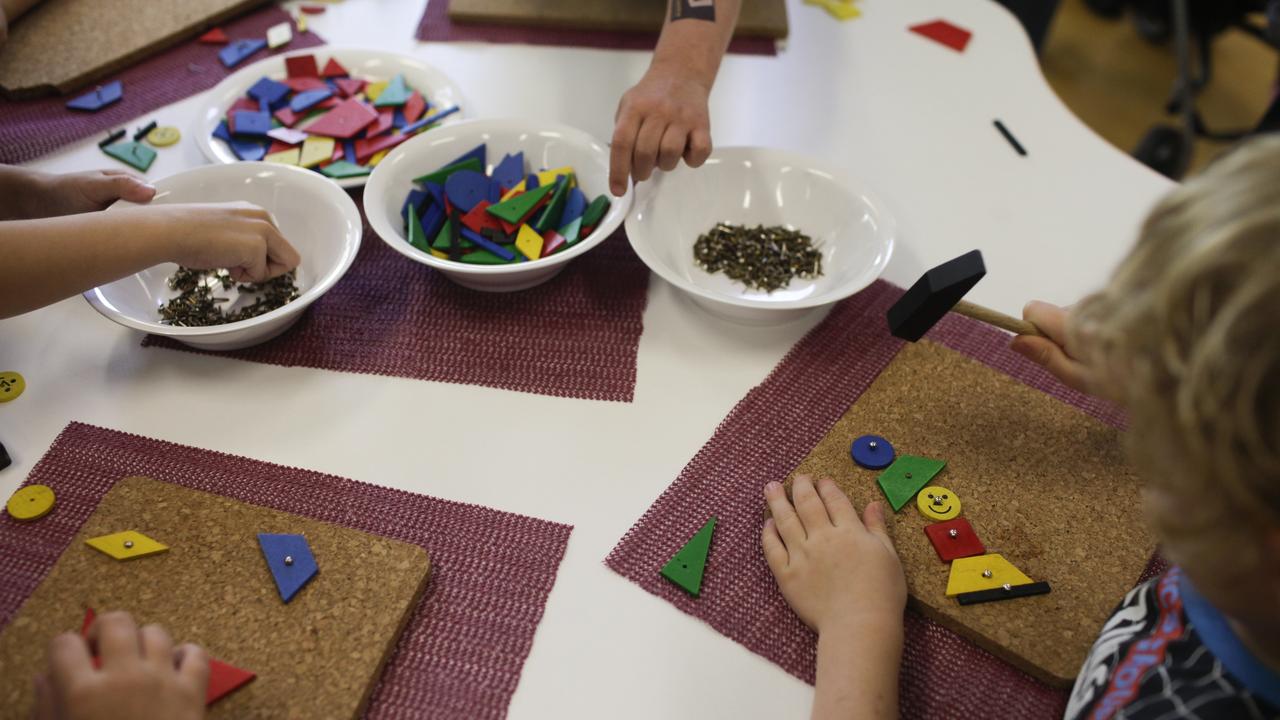
Body Safety Australia listed several gaps offenders had taken advantage of, including workforce instability, inadequate training and qualifications, inconsistent oversight and confusing reporting frameworks.
Acting Early Learning Minister Courtney Houssos said on Wednesday providers that consistently fell foul of quality guidelines would have funding cut under government reforms being considered.
Some of the sweeping changes include installing security cameras in centres, publicising safety issues and imposing bigger fines on dodgy operators.
An independent review by former NSW deputy ombudsman Chris Wheeler in June found the childcare regulator’s performance was hampered by national laws and frameworks.
It was also not “sufficiently transparent” about its investigations, and was less open about its compliance work than counterparts in Queensland and Victoria.
NSW’s childcare regulator sits inside the education department.
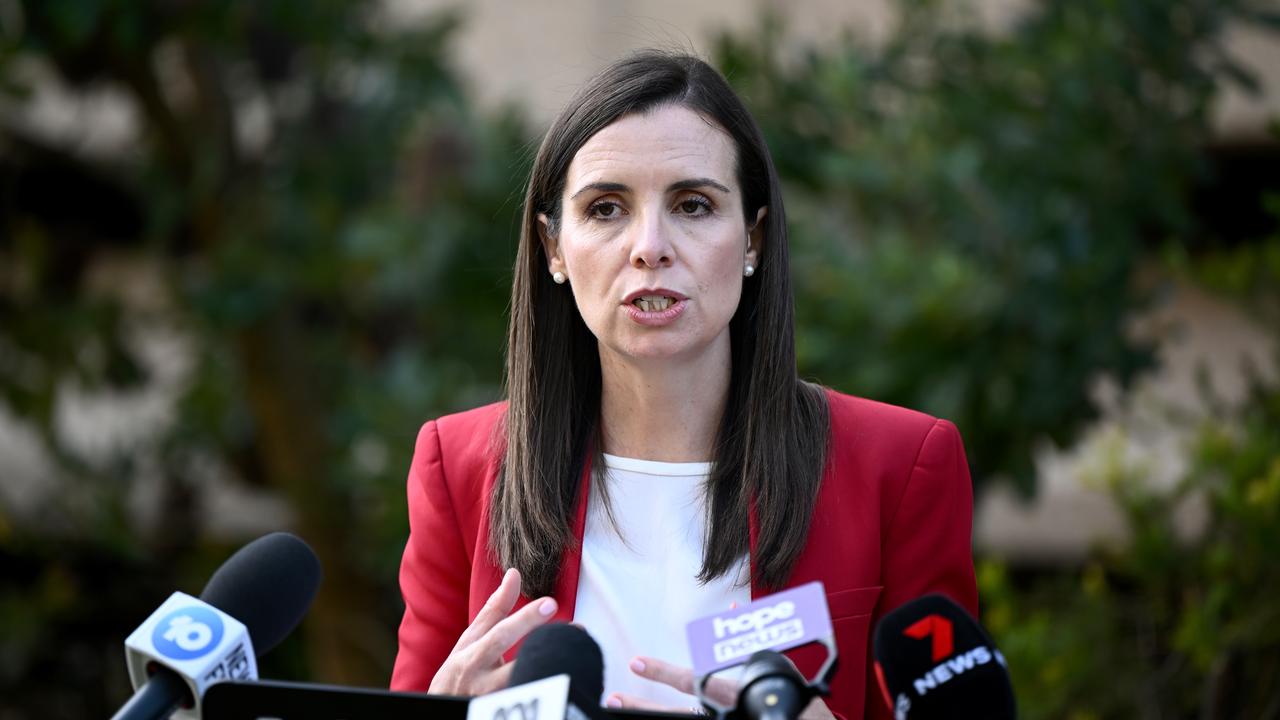
The inquiry comes amid nationwide scrutiny on the regulation and safety of childcare after shocking reports of children allegedly being sexually abused, left restrained in high chairs for hours and receiving substandard meals.
G8 Education, the operator of a centre where educator Joshua Dale Brown allegedly abused children, said in a submission its staff were struggling emotionally while working through the fallout of the abuse revelations.
Brown is accused of abusing eight children aged under two at a centre in Melbourne between April 2022 and January 2023.
Lifeline 13 11 14
Kids Helpline 1800 55 1800 (for people aged 5 to 25)
1800 RESPECT (1800 737 732)
National Sexual Abuse and Redress Support Service 1800 211 028
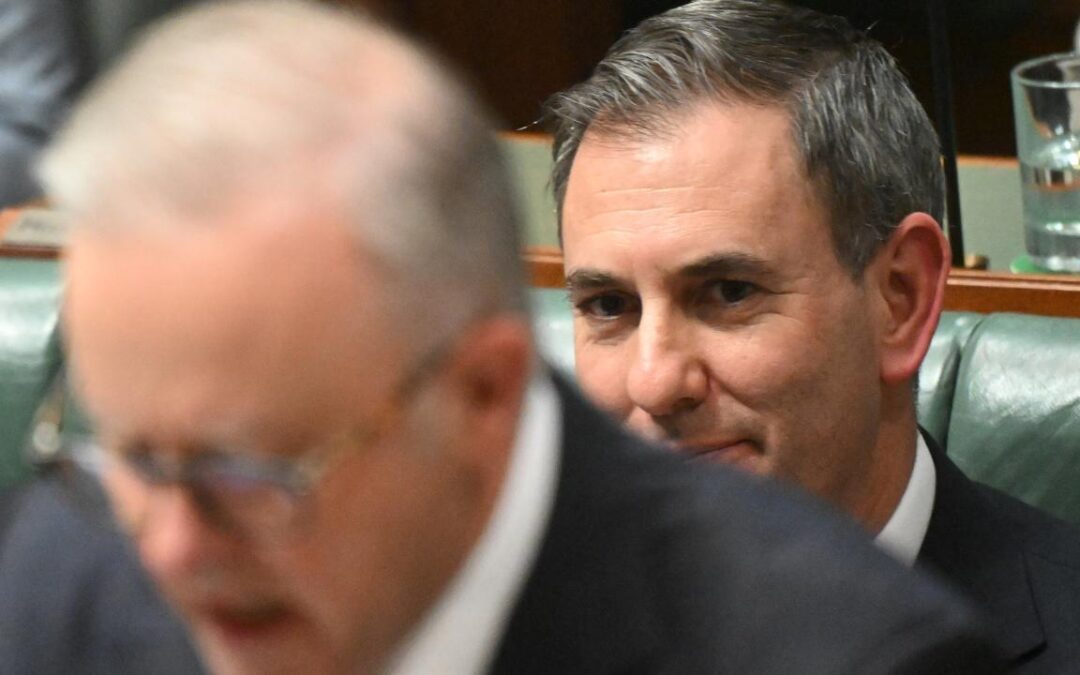
‘Standard practice’: summiteers play down Treasury leak
Economists and business groups have joined the prime minister in insisting an upcoming economic roundtable can still produce big ideas.
Leaked Treasury advice reportedly showed a list of proposals to be reviewed by cabinet after the meeting of business, union and other leaders at a productivity roundtable on Tuesday.
Among them were proposals to speed up approval times for housing and reduce environmental red tape, according to the ABC.
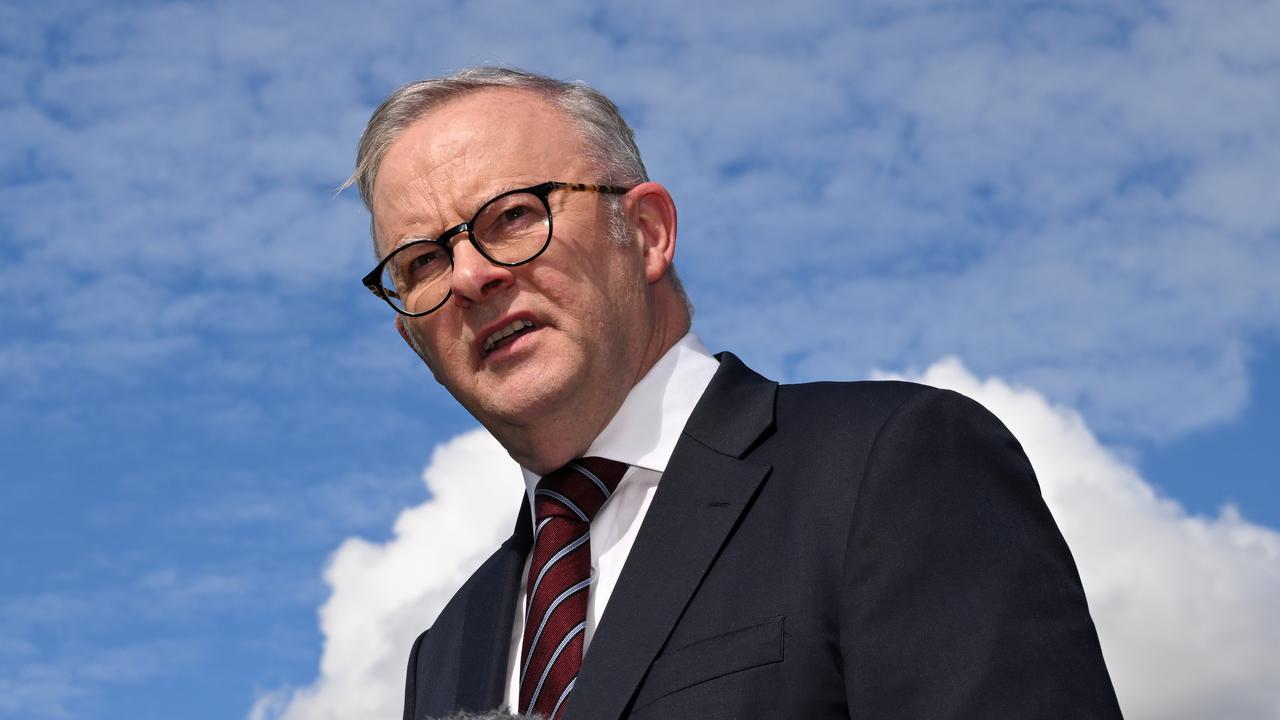
Prime Minister Anthony Albanese denied the result of the summit had been locked in before it began.
“You’d expect Treasury to be giving advice about a forum that’s about the economy,” he told reporters in Brisbane on Thursday.
“Next week, though, is an opportunity for people to advance their ideas, to advance policies, and that’s a really constructive thing.”
The government has ruled out major changes in some areas, including tax policies, before the three-day summit despite calls for widespread reform to bolster Australia’s lagging productivity rates.
Independent economist Saul Eslake said suggestions the roundtable’s outcome had been agreed upon because of the leaked document should be disregarded.
“It’s standard Treasury practice to brief its minister for any serious discussions or conversations he might be about to have,” he told AAP.
“It would be astonishing if Treasury wasn’t at least thinking about how the treasurer should respond to some of the ideas that have been flagged by participants in the summit that they’re going to put.”
The advice should not be read as particular policies getting a green light, Mr Eslake said.
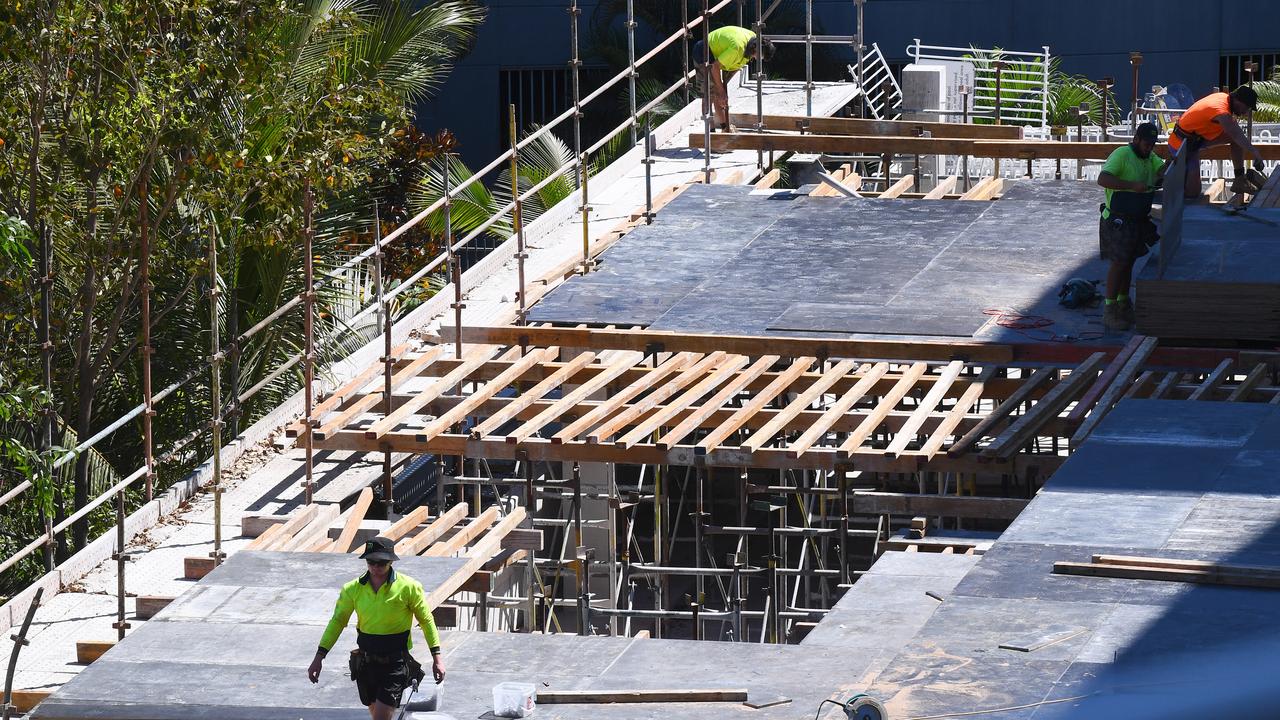
Treasurer Jim Chalmers also dismissed concerns the summit’s outcomes had been pre-empted.
“Those that have been reported today are just a few of the many ideas which have been put to us and they’re all welcome on the table,” he said.
Opposition Leader Sussan Ley said the coalition would examine suggestions from the roundtable, but had concerns about how the event was being handled.
“I wonder whether people who are attending this roundtable are indeed wasting their time,” she said.
“What we won’t do is accept an agenda that raises taxes on hardworking Australians, particularly because that’s exactly what the government promised it would not do.”
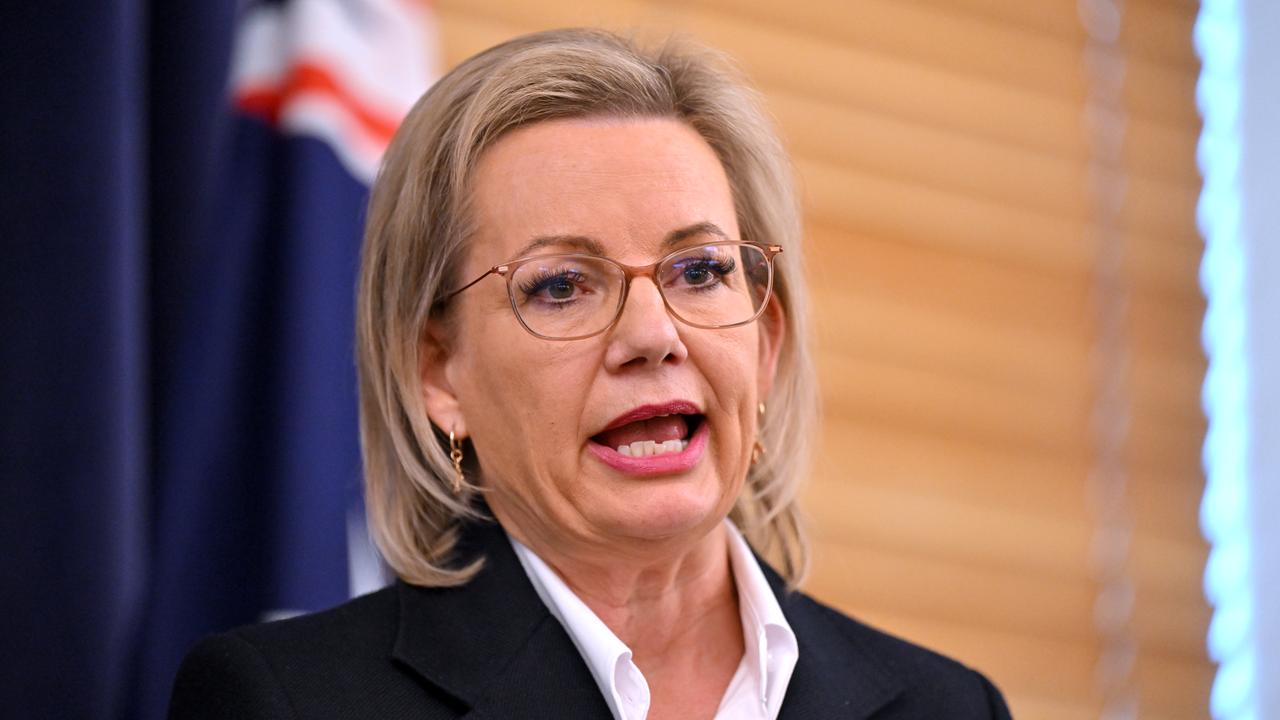
Australian Industry Group chief executive Innes Willox said the roundtable would be a “legacy moment” for reform.
“It is Treasury’s role to provide advice to the government and that is the case here – and we shouldn’t assume it automatically becomes government policy. They are doing their job,” he told AAP.
“Next week’s roundtable is an opportunity for the government and, while it may not be getting consensus, it will give clear understandings around the big challenges that we face around productivity and investment.”
Part of the reason productivity growth has been so poor is because competition has fallen since the mid-2000s, costing Australia up to $3000 per person, the Reserve Bank found in a report released on Thursday.
If Australia could get competition back to where it was two decades ago, it could boost productivity by one to three per cent, said report authors Jonathan Hambur and Owen Freestone.
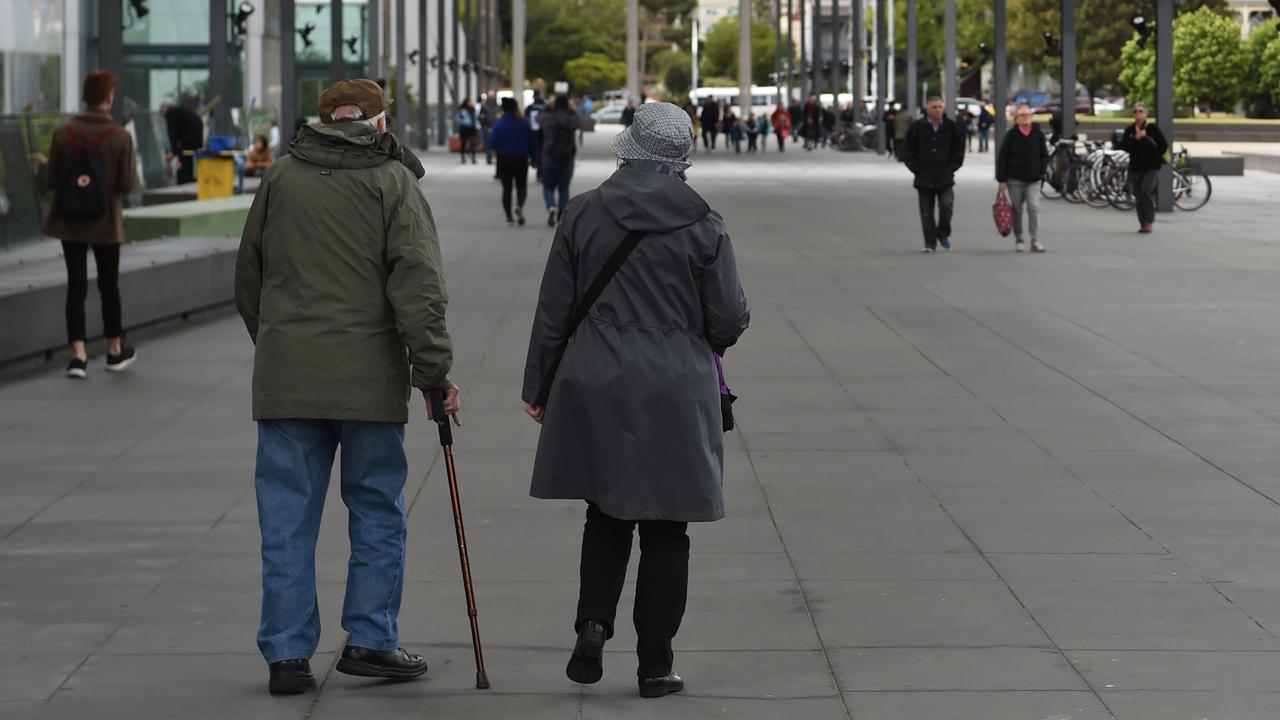
The Productivity Commission released its final report before the summit, calling for a national screening system for care workers, greater collaboration between health services and a major shift towards preventive health investment.
Commissioner Alison Roberts said care was a rapidly growing sector and proposed reforms would seek to break through the government’s siloed approach to decision-making.
The interim report urges the government to better align quality and safety regulations across the care economy.
That could include a streamlined national clearance process for workers in aged care, the NDIS, veterans’ care and the early childhood education sector.
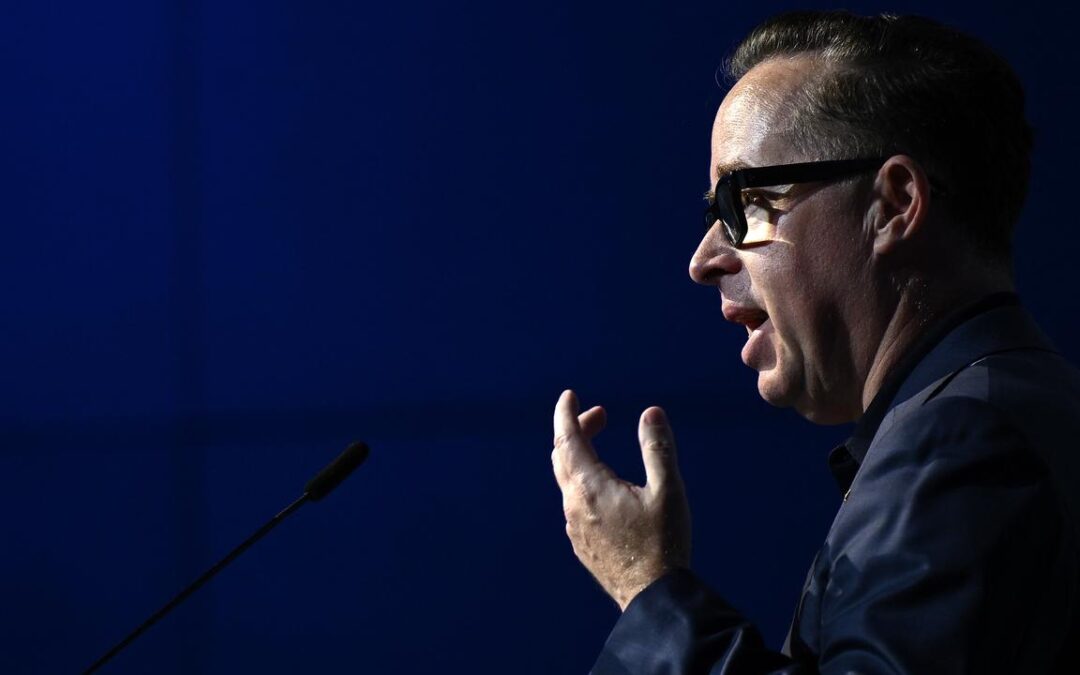
Ex-Qantas boss returns to defends his troubled legacy
Alan Joyce has returned to public life to launch an impassioned defence of his tarnished legacy as Qantas chief executive.
At an aviation conference in Sydney on Thursday, Mr Joyce broke from his near two-year hiatus from the national business stage to stress the industry’s need to take further steps to keep its social licence.
But he skirted around his controversial, illegal sacking of more than 1800 workers during the COVID-19 pandemic in a move a court ruled was designed to curb union bargaining power in wage negotiations.
Days out from Qantas copping an expected nine-figure fine for the sackings, Mr Joyce trumpeted his ability to keep the flag carrier afloat in unprecedented times.
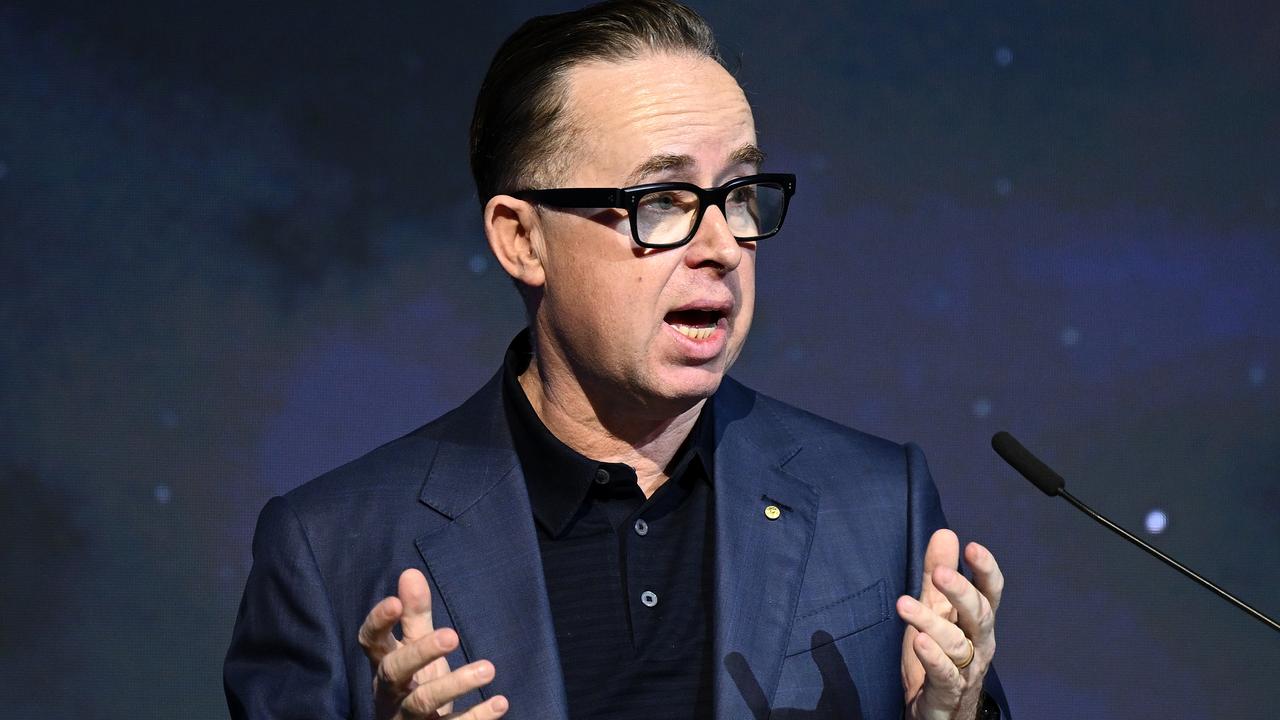
“But here’s the real insight: resilience isn’t a reaction … it’s a decision made years in advance, often when it’s uncomfortable, even unpopular,” he said.
“Qantas was the only major Australian airline not to go bankrupt during or after the pandemic … that wasn’t luck, that was resilience.”
Virgin Australia hit voluntary administration in 2020 as it struggled to manage billions of dollars of debt before private equity firm Bain Capital gave the carrier a lifeline.
Cash-strapped carrier Rex went into administration in 2024, while budget challenger Bonza folded.
Mr Joyce seemed amused by media attention surrounding his appearance – which included being on the front page of a national newspaper – but quipped that it at least meant “Donald Trump didn’t do anything weird last night”.
He said airlines must take more climate action, including building a sustainable aviation fuel industry to “transform the environmental footprint of flight”.
“If we don’t, we risk losing public trust, regulatory permission and, ultimately, our social licence to operate,” he said.
“This isn’t fringe, it’s the future and it’s grounded in a very human concern for sustainability and intergenerational fairness.”
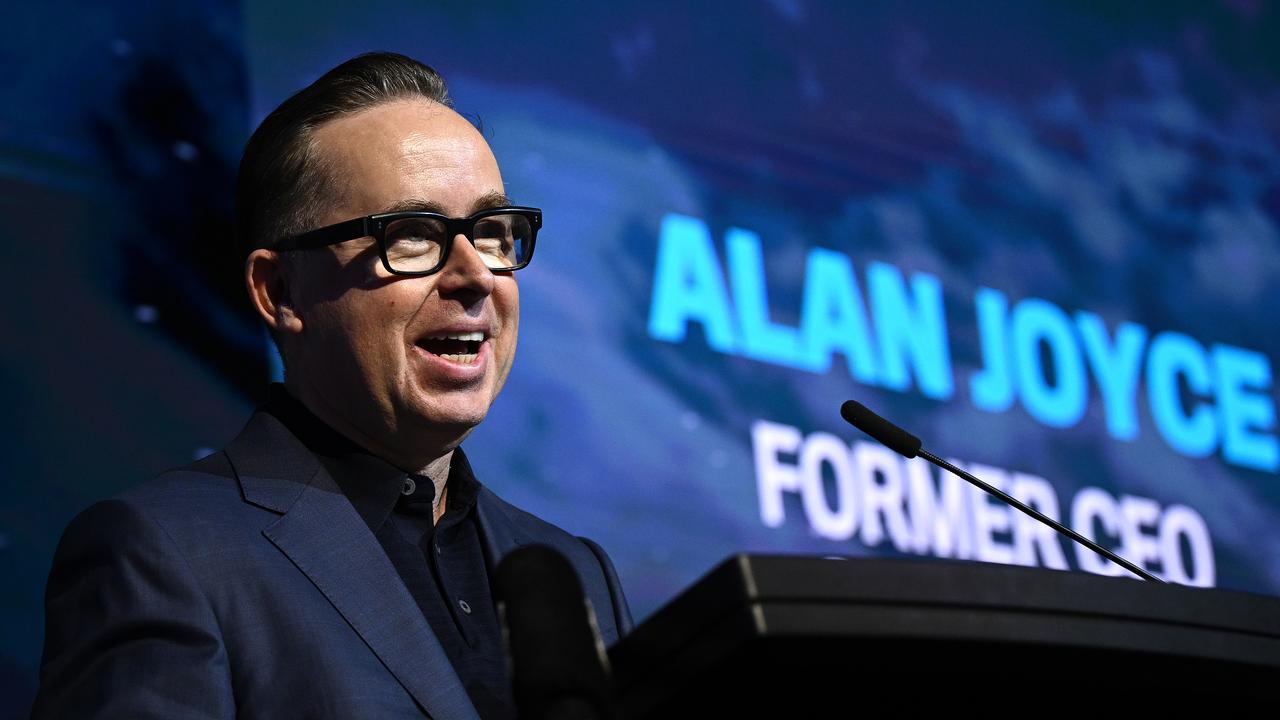
Mr Joyce quit Qantas in September 2023 after a tumultuous end to his tenure.
The airline has since agreed to set up a $120 million compensation fund for its wrongly sacked workers after reaching a deal with the Transport Workers Union.
It is due to be handed a Federal Court fine for the breach on Monday.
Qantas also sold tickets to cancelled flights over several years, triggering more legal turmoil and a $100 million fine after it was sued by the Australian Competition and Consumer Commission.
The airline trimmed millions of dollars from his departing pay packet, with other executives and directors also facing a cut after the brand turbulence.